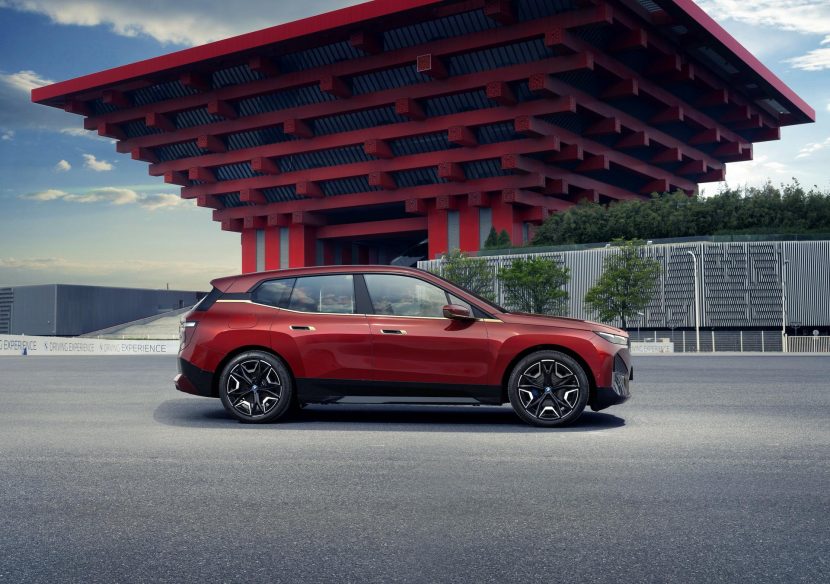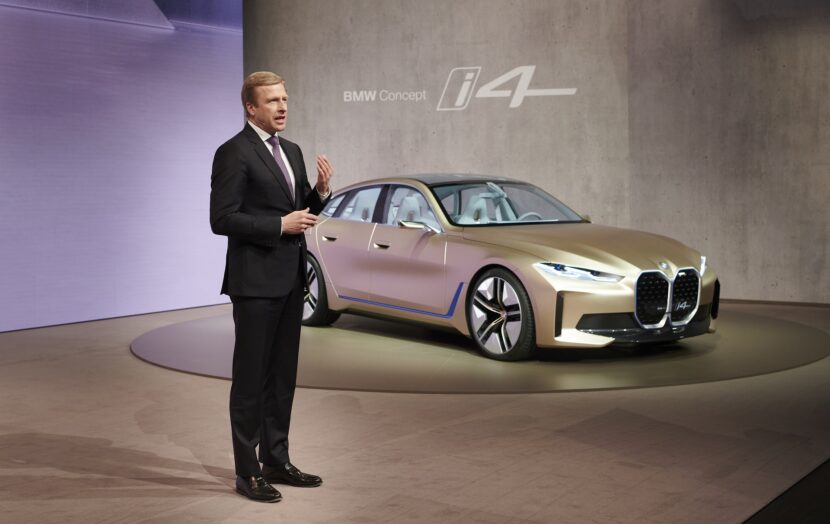Earlier this week, BMW CEO Oliver Zipse issued a stern warning to the European Union concerning the potential pitfalls of unexpectedly abandoning inside combustion engine (ICE) vehicles. Because the automotive trade grapples with stringent emissions laws and an accelerated shift in the direction of electrical autos, Zipse’s message was clear: a balanced and pragmatic strategy is crucial for a sustainable transition. Zipse has been steering a versatile product technique since he took over in 2015.
The Case for Low-CO2 Fuels
Zipse additionally talked concerning the quick and impactful contributions to local weather safety are paramount. “Probably the most impactful contributions to local weather safety are these we will make as we speak: In different phrases, each tonne of CO2 we will save as we speak – not someday sooner or later – counts,” he said. He argued for the pressing adoption of low-CO2 fuels corresponding to e-fuels, E25, and HVO100, which might considerably scale back the carbon footprint of the present fleet of over 250 million autos within the European Union.
Nevertheless, Zipse expressed concern over the political instrumentalization of e-fuels within the debate over the 2035 ban on combustion engines. “In the meanwhile, nevertheless, we see a major threat of eFuels being politically instrumentalised within the debate concerning the ban on combustion engines from 2035,” Zipse stated. “There are at present many indications that the EU Fee is striving for a bogus answer by which the ban on combustion engines is relaxed just by ostensibly opening as much as eFuels.”
Basically, Zipse warned that with out a concerted effort to speed up the deployment of low-CO2 fuels, any leisure of the combustion engine ban to incorporate e-fuels could be ineffective and will quantity to a de facto ban by means of the again door.
Navigating Regulatory and Commerce Challenges


The BMW boss additionally addressed the broader regulatory and commerce challenges going through the automotive trade. He criticized the EU’s momentary imposition of further import duties on Chinese language automobile imports, arguing that such measures don’t strengthen the competitiveness of European producers. “The introduction of further import duties, like these lately imposed by the EU, leads us down a dead-end road – and can in the end not make European producers any extra aggressive,” he added. “Quite the opposite, EU tariffs on BEVs from China as a substitute penalise European producers just like the BMW Group – since additionally they produce autos in China for the European market.”
Not like a few of its rivals, BMW has not set an finish date for the manufacturing of ICE vehicles. Regardless of the Munich-based automaker’s development with the “new” Neue Klasse platform for future electrical fashions, the versatile CLAR platform will proceed to be employed throughout a broad spectrum of inside combustion engine (ICE) and plug-in hybrid (PHEV) fashions. Pundits initially criticized this perceived indecisiveness in BMW’s technique, however market efficiency has demonstrated that the versatile strategy was the correct transfer.
In 2026, we’ll see the brand new G65 BMW X5, a mannequin constructed on the CLAR platform. This can be adopted by the G50 3 Sequence, G67 X7, G66 X6, and a number of M merchandise, all constructed on the CLAR platform.



